Apple is again in the crosshairs of Uniloc, with the patent aggregator alleging the process by which iPhone and cellular-connected iPad and Apple Watch models infringes on owned intellectual property.
In a lawsuit filed with the U.S. District Court for the Western District of Texas on Monday, Uniloc claims Apple infringes on an assigned patent detailing the configuration of a device when it initially connects to a wireless network.
Specifically, U.S. Patent No. 6,856,616 for a "System and method for providing service provider configurations for telephones using a central server in a data network telephony system," covers provisioning a "telephone" for use on a mobile data network using an identifying part number, or device identifier.
Once recognized by the wireless carrier via SIM card, the device is provided the address to a proxy server through which an initial configuration process is completed.
Filed with the U.S. Patent and Trademark Office in 2000, the '616 patent was signed over to 3Com that same year. Hewlett-Packard took control of the IP, and more than 1,500 other assets, in 2010 as part of its acquisition of 3Com.
The '616 patent changed hands to Uniloc's main Luxembourg arm in 2017 and was duly assigned to Uniloc 2017 LLC in May of this year.
Uniloc alleges all iPhone models from iPhone 5 through iPhone XS Max and cellular connected iPads including fourth- and fifth-generation iPad models, all iPad mini versions, iPad Pro, first- and second-generation iPad Air models and Apple Watch Series 1 through 3 infringe on multiple patent claims.
Uniloc seeks unspecified damages, reimbursement of legal fees and other relief deemed fit by the court.
Today's lawsuit arrives less than a week after Uniloc filed a complaint against Apple over AirDrop technology. The pair of suits breaks months of calm in what was a rapid-fire barrage of legal actions lodged last year.
In 2017 alone, Uniloc sued over Maps, Apple ID, remote software updates, AirPlay, autodialing, battery technology, device wake-up, step tracking, AirPlay, the Home app, the Apple TV Remote app and Apple Watch GPS capabilities. Many of those actions leverage IP from 3Com's patent trove.
Uniloc is one of the most active patent trolls in the U.S., leveraging reassigned patents or vaguely worded original IP against a number of tech firms including Activision Blizzard, Aspyr, Electronic Arts, McAfee, Microsoft, Rackspace, Sega, Sony, Symantec and others.
 Mikey Campbell
Mikey Campbell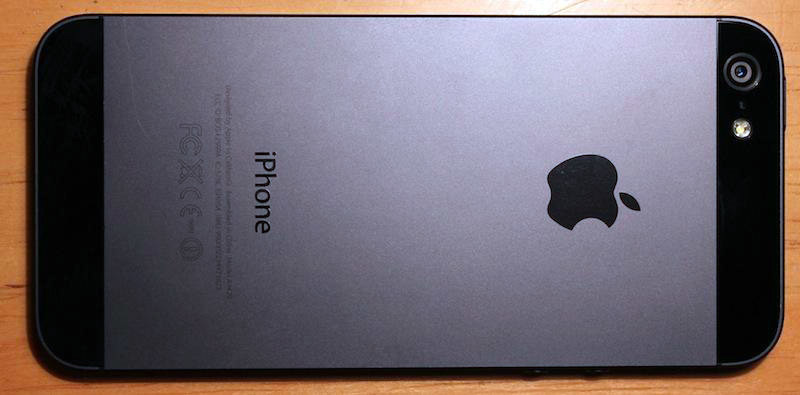




-xl-m.jpg)


-m.jpg)






 Malcolm Owen
Malcolm Owen
 William Gallagher
William Gallagher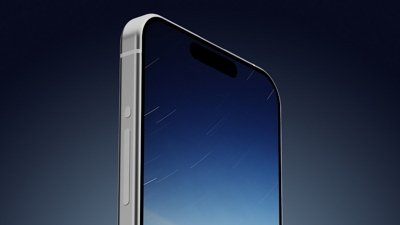
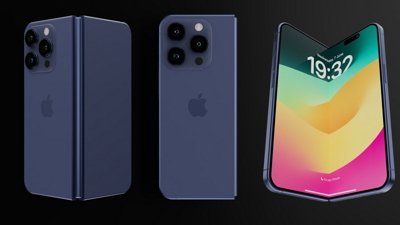
 Amber Neely
Amber Neely
 Andrew Orr
Andrew Orr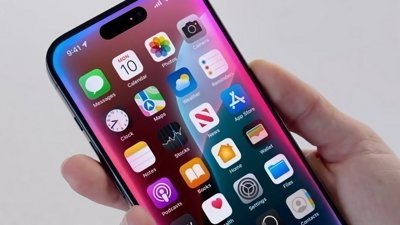

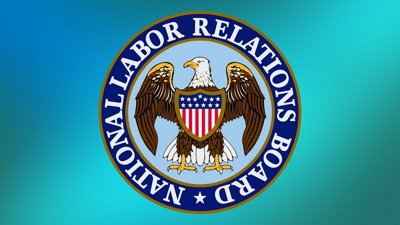
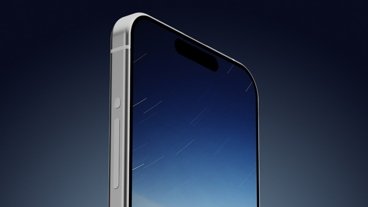







21 Comments
"with the patent aggregator alleging the process by which iPhone and cellular-connected iPad and Apple Watch models infringes on owned intellectual property." I think your intro is missing some words...
I’ve never understood why Apple doesn’t search for these patents, and just buy them through some entity, as they do,with other things. That would cut the possibility of much of this out. When you consider how many suits there are, and how much is paid out, plus the legal costs, it might be cheaper in the long run.
For the record, it is SOP for companies to have a patent attorney do a search and present any possible conflicts in patents. The problem Apple (and all other tech companies) run into is that patents from 20-30 years ago are hopelessly vague, like "method to move air via electrically-induced circulation for cooling purposes" (aka "a fan") that was a pretty logical conclusion back when it was granted, and hopelessly obvious now.
Any company that invents anything can be certain that a patent exists that could possibly be interpreted as describing something somewhat akin to their invention, particularly if the new invention is just an alternate method of accomplishing the goal or an extension (like adding video to audio calls) of an existing invention/technique.
On top of that, courts long ago stopped defining "infringement" as strictly "stealing an already-known and patented technique/invention" rather than "we happen to have invented something entirely independently, but it is similar to an existing method/invention/patent." A stricter reading of infringement would cut down on the nonsense suits considerably, since it would require the plaintiff to prove that the company knew or should have known that they were infringing, but even that wouldn't be a panacea (lots of companies show Apple new tech they've invented that sometimes shows up again in a different form in a final product. Difficult to prove intent there).
TL;dr -- the patent system is very broken and needs major reform. Also: there's nothing really new under the sun. :)